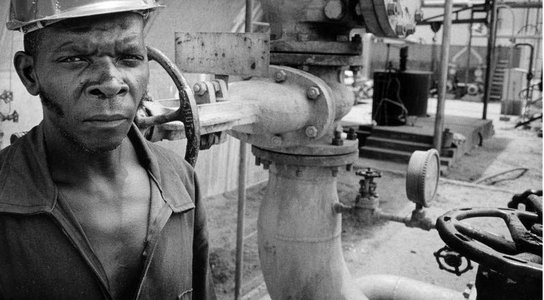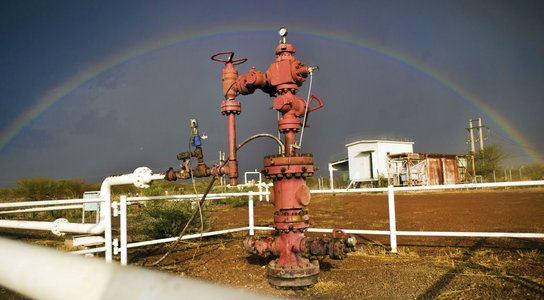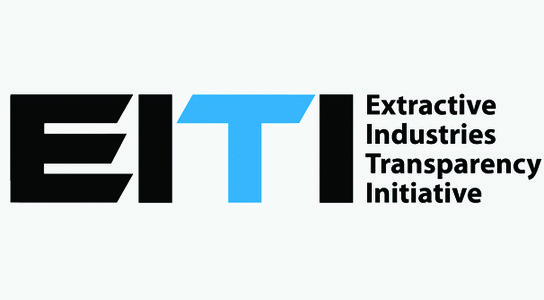Four African states have allocated oil and mining assets worth at least $4bn to companies whose ownership is obscure, a new report released today by Global Witness shows. The deals took place in Nigeria, Democratic Republic of Congo, Angola and Republic of Congo.
The report comes ahead of a pivotal meeting of the Extractive Industries Transparency Initiative (EITI), a global standard that promotes greater transparency throughout the value chain in the oil, gas and mining industries. At a meeting in Berne on 21-22 October 2015, the EITI International Board will decide whether to make disclosure of the true owners of oil, gas and mining companies a condition of EITI compliance.
“This report lays bare how anonymous companies facilitate the loss of national wealth on an epic scale,” said Global Witness campaigner Colin Tinto. “Oil and mining revenues could transform the lives of some of the poorest citizens of the planet. All too often they are diverted into unknown private pockets.”
The report also raises critical questions about the role of international oil companies in facilitating these deals. In Nigeria, Court evidence showed that executives of both Royal Dutch Shell and Eni met with a former oil minister who had awarded a lucrative oil block to a company he secretly controlled. In Angola, a listed oil company found itself facing investigation under the US Foreign Corrupt Practices Act due to the hidden owners of its local partners.
“A cavalier attitude to corruption risk puts shareholder value under threat,” said Tinto, “there is no good reason why companies receiving oil, gas and mining rights should not publicly disclose their true owners. Partnering with companies who will not or cannot fulfil such basic transparency measures may secure business advantages in the short term, but exposes investors to serious reputational, financial and legal long-term risk.”
Three of the four cases took place in countries which are compliant with the EITI, demonstrating a serious gap in the initiative. Beneficial ownership disclosure is currently ‘encouraged’, but not required, for participating countries under the 2013 EITI Standard. The International Board agreed in 2013 that, subject to a successful pilot process, EITI would develop detailed rules with a view to making beneficial ownership disclosure a full requirement from 1 January 2016. Eleven EITI member countries volunteered to pilot beneficial ownership disclosure between October 2013 and September 2015, the outcomes of which will be discussed by the International Board at its meeting in Berne.
“This is a credibility test for EITI,” said Tinto. “Having shown admirable leadership by piloting beneficial ownership transparency, the International Board must now follow through and make it a mandatory condition of compliance. Failure to do so would allow state looting to continue, and deprive citizens of poor countries of their fair share of the benefits of natural resource wealth.”
/ ENDS
Contacts
-
Colin Tinto
-
Brendan O'Donnell
-
Rachel Owens
Head of EU Office and EU Advocacy / Directrice du Bureau (UE). Campaign Lead on Corporate Accountability
You might also like
-
Report How to lose $4 billion
Credibility test for global transparency standard as £4bn lost to anonymous oil and mining companies.
-
Briefing Revenue disclosure laws – Cardin-Lugar and the global transparency standard
Global movement to end the corruption that blights resource-rich countries is gathering pace.
-
Report The EITI and Global Witness
When launched in 2001, the Extractive Industries Transparency Initiative (EITI) was a remarkable global multi-stakeholder initiative focusing on a critical global development issue: how to make sure that the billions of dollars of oil and mining wealth flowing into national budgets is better tracked and managed.